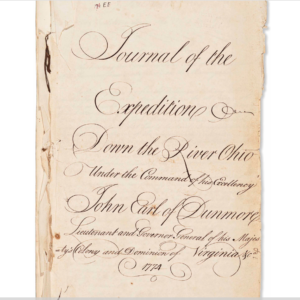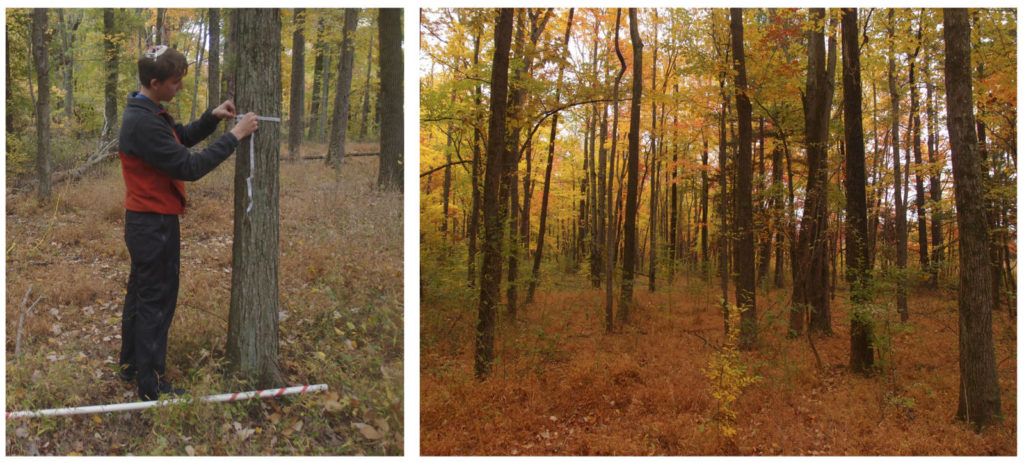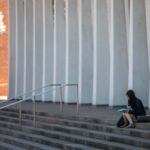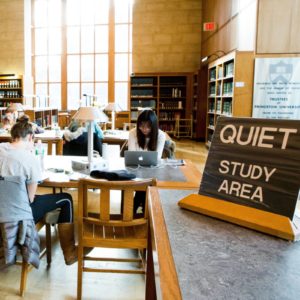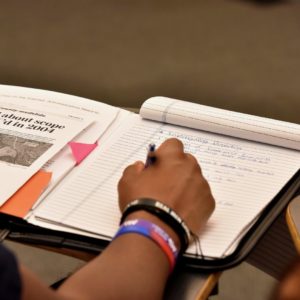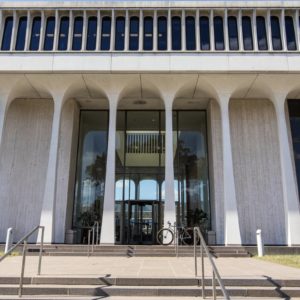The registrar for spring courses came out not too long ago. It’s time to start thinking about course selection!
Each semester, Princeton offers over 1,000 courses, taught in over 100 departments and programs, over a range of 8 distributions by professors who have served as Presidents, been awarded Nobel Prizes, made groundbreaking discoveries in their fields, and received Pulitzer Prizes. At Princeton, each course is not just a series of lessons; courses are opportunities–opportunities to travel, to get to know professors, to learn methods for independent work, to explore your interests.
With so much available each semester, how does one pick just 4 or 5 courses to take?
Here is a guide to Princeton’s (many) resources for selecting courses. Included are reviews of different online applications for course searching and scheduling and a few general tips of advice.


